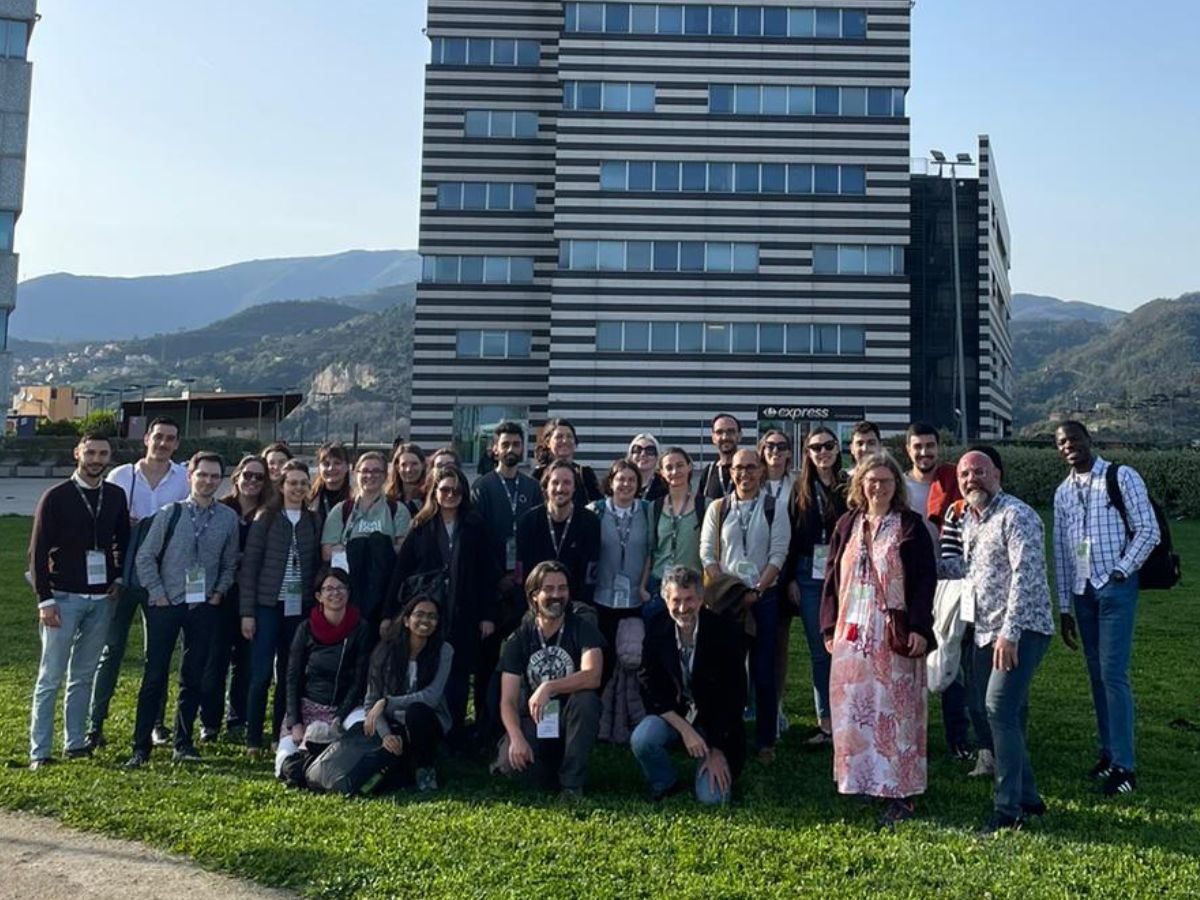How is the crisis impacting on the entrepreneurial sector? Interview with Giovanni Mondini, Chairman of Confindustria GenovaIn order to understand how companies are dealing with the halt in production activities, what are the reactions of the local and international entrepreneurial sector and what are the future prospects? We interviewed Giovanni Mondini, Chairman of Confindustria Genova, Chairman of Gestione di San Quirico S.p.A. and Vice Chairman and member of the Strategic Committee ERG S.p.A.Good morning, Chairman Mondini, what are your views on the impact of this crisis on associated businesses at national and local level?The impact on the production system is dramatic. It manifested itself suddenly with a destructive and widespread force, creating the same problems at local, national and international level. The introduction of the necessary containment measures to limit the virus’ spread caused a double negative shock: from the demand and from the supply side. This combination of factors has created the worst possible scenario, pinning the Italian economy in a recession – which, I fear, will be deep.How many companies have stopped altogether and how many partially, due to the interruption of the production chain?Since the Presidential Decree of the Council of Ministers of 23 March, about 60% of industrial activities stopped. The remaining 40% continued to work at a reduced rhythm, with the only exceptions represented by the food and pharmaceutical supply chains.A -6% on the country’s GDP is estimated for 2020, with an increase in unemployment of up to 11.2%. Are these data realistic?The estimate was drawn up by the Confindustria Centre for Studies and is based on the assumption that the acute phase of the health crisis will end at the end of May and that productive activity will gradually resume from the end of April to the end of June. In the event that the health situation does not evolve positively, forecasts under this scenario should be revised downwards. These estimates are also confirmed by an analysis drawn up by the Ifo (one of the leading economic analysis institutes in Germany).How can small companies or innovative start-ups in the growth phase but still too weak to withstand a traumatic event such as a global pandemic survive this situation?The system which revolves around high-tech, a very transversal system, must absolutely strive to keep them alive.What are the large industrial groups doing to tackle the crisis?They are preparing for the reopening; having complex and very extensive establishments, they are putting in place the necessary operations to make working environments safer.How are the companies that are active in these times dealing with the crisis? Are they able to adapt to government regulations to limit the infection (e.g. Personal Protection Equipment (PPE), safety distances, etc.)?Since the Presidential Decree of the Council of Ministers of 8 March and the subsequent protocol of 14 March signed with the social partners, companies immediately took steps to meet the indicated guidelines. Companies are rigorously aligned to these directives and those responsible for safety at the workplace are the first to consider the regulatory provisions as mandatory in order to be able to continue working. However, sourcing PPE was often difficult if not impossible. Although, there seems to be a net improvement in the situation.What will happen afterwards? How do you see the scenario for regional and national companies?It’s still too early to say, but the situation is objectively very worrying. If the estimates on the decrease in industrial production for the month of March are correct, we’re facing the highest monthly downturn since the start of the industrial production historical series (1960!!!). It will be crucial to keep the productive system alive with an extraordinary counter-cyclical plan financed with European resources, while waiting for all the productive sectors to get moving again with the resumption of trade at global level.Which elements will be crucial for boosting the country’s competitiveness?To restart, the most urgent intervention is that of providing financial support to small, medium and large enterprises. The intervention must be substantial and the role of bank credit is fundamental. However, banks only grant credit if they feel they are protected from the risk of a spike in impaired loans; if they don’t lend, the crisis will become irreversible, with a definite increase in impaired loans, thus causing a vicious circle. How do we get out of it? That is currently being discussed: with state guarantees.Is there a glimpse of a window of opportunity in this dramatic scenario, through this experience: less bureaucracy, digitisation, new distribution systems…With regard to digitisation, there’s no doubt in this regard. A cultural leap in this direction toward an increasingly-driven digitisation is inevitable, with definitive positive effects. For bureaucracy, we’re hopeful: we need so much public investment to revive our country that, unless the level of bureaucracy is reduced, they will never take off: the last 20 years of history are testimony to this. This is precisely why we are only hopeful: we have asked this every day for years, but the results obtained are almost nil. Personally, I’m so disillusioned that now I don’t feel credible enough to debate the issue.Do you believe that finally research, technology and innovation (digital and otherwise) can become centralpost-COVID-19?Not only afterwards: technology is required immediately to better manage the crisis and the gradual return to normality. There has always been low investment in research and innovation in our country (moreover, the major investments come from foreign companies established in our territory) and I hope that what happened will help to increase investments in the research and innovation budgets that will be prepared for the next few years.





